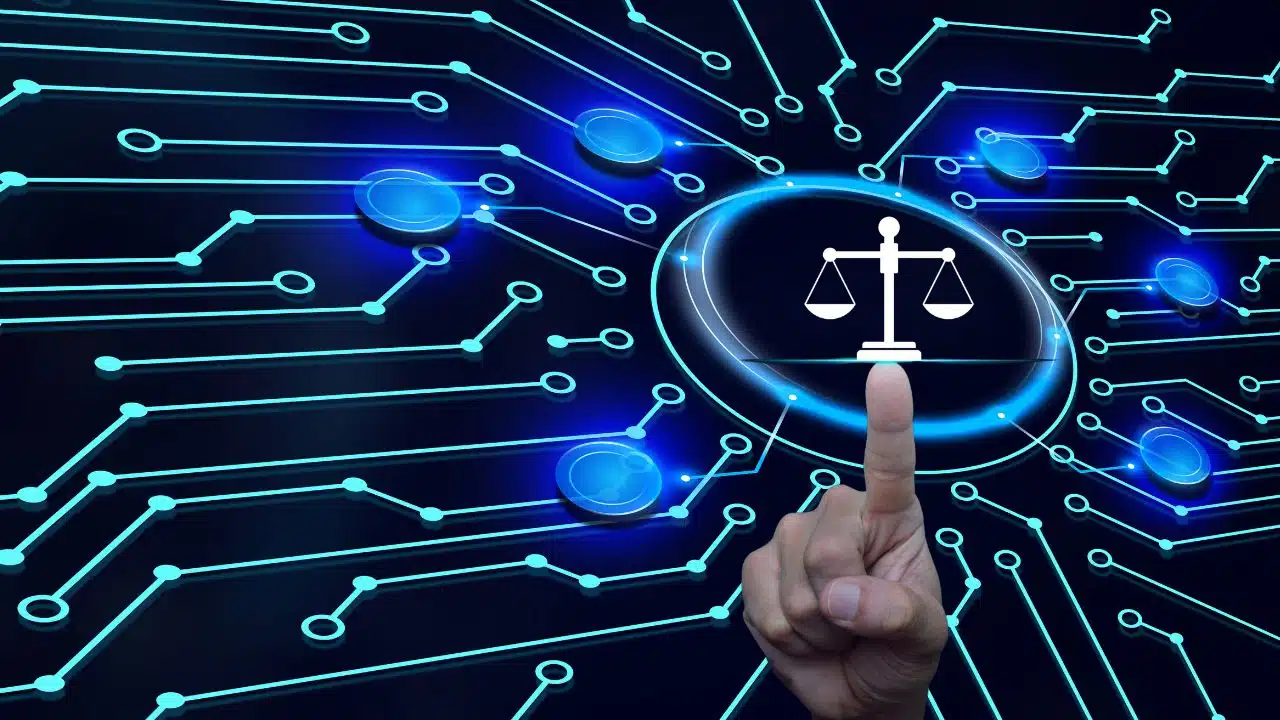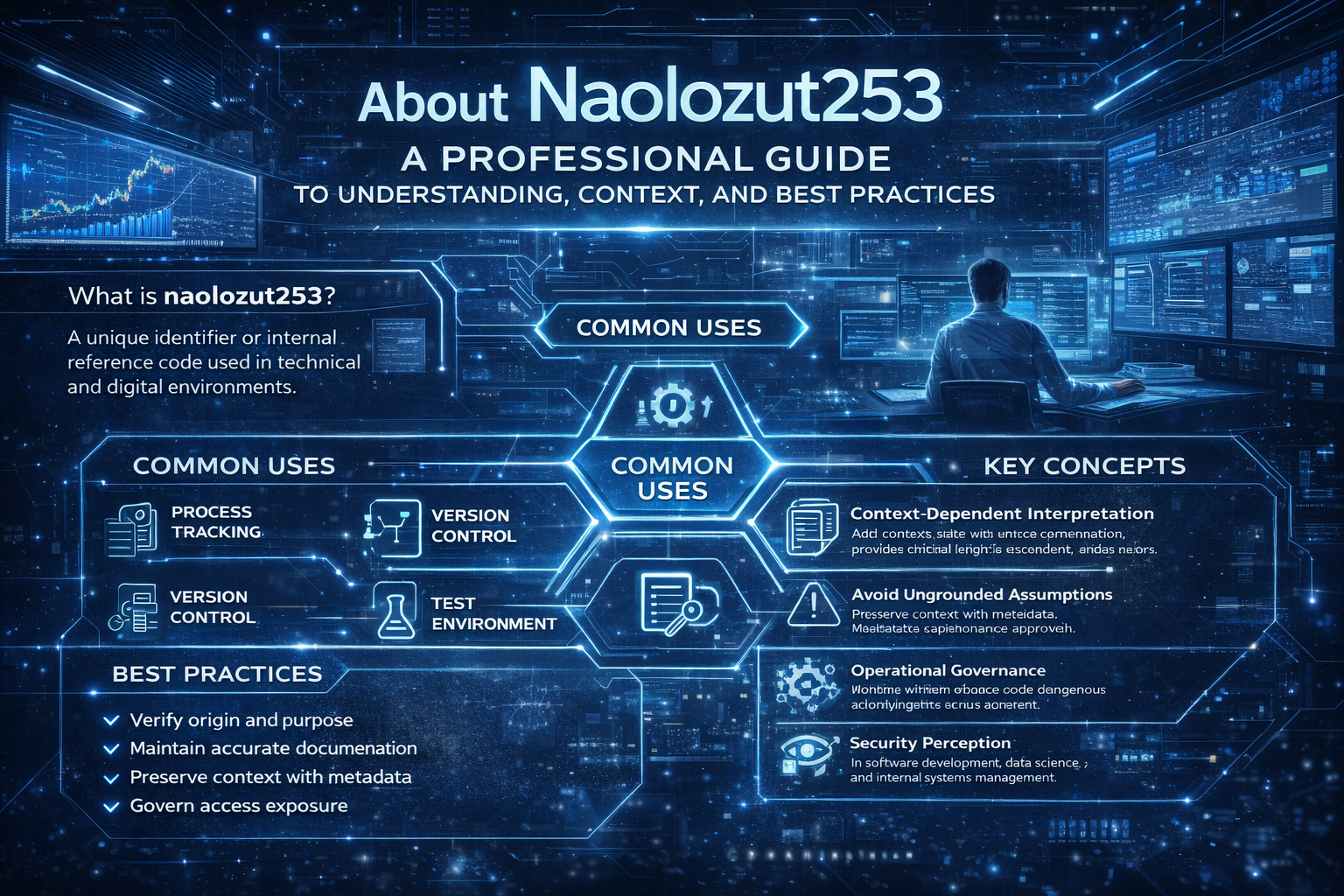The digital age has brought about rapid advancements that have transformed nearly every aspect of human life. From communication and entertainment to finance and healthcare, technology continues to evolve, shaping our daily experiences. However, as digital technologies develop, so do the legal complexities that accompany them.
These complexities raise important questions about privacy, security, intellectual property, and online conduct. Whether you’re a business owner, a government official, or an individual, understanding the legal issues in the digital age is crucial to navigating today’s increasingly interconnected world.
In this article, we will delve into 12 key legal issues that are central to the digital age. Each of these issues has profound implications for both individuals and organizations, and many require legal frameworks that adapt to rapid technological advancements.
Navigating 12 Legal Issues in the Digital Age
In today’s fast-paced digital world, technology continually evolves, reshaping every aspect of our lives. From social interactions to business operations, the internet and digital tools have become integral. However, with these advancements come complex legal challenges that demand our attention. Navigating the digital landscape requires a keen understanding of the legal issues that arise, affecting individuals, businesses, and governments alike.
1. Data Privacy and Protection
Data privacy has become a significant concern in the digital age, where personal information is collected, stored, and shared more than ever before. Every online interaction, from shopping to social media usage, generates data that can be exploited, sometimes without the knowledge of the individuals concerned. The legal implications of data privacy are broad, encompassing everything from the protection of personal identifiers to the management of sensitive health and financial data.
Legal Issues:
- General Data Protection Regulation (GDPR): Enforced by the European Union, GDPR provides individuals with the right to control their personal data, ensuring transparency about how data is collected, used, and stored. It requires companies to implement strict data protection measures, such as data encryption and breach notification procedures.
- California Consumer Privacy Act (CCPA): This U.S.-based law gives California residents greater control over their personal data, including the right to request access, deletion, or opt-out from the sale of their personal information.
As companies collect increasing amounts of data through apps, websites, and smart devices, the legal risks of data breaches and non-compliance with privacy laws are significant. Failure to secure consumer data can lead to large fines, lawsuits, and long-term reputational damage.
2. Intellectual Property in the Digital World
Intellectual property (IP) refers to legal rights granted to individuals for their creative works, inventions, or proprietary knowledge. In the digital age, the ease with which digital content can be copied, shared, and distributed has posed new challenges for IP protection.
Legal Issues:
- Copyright Infringement: The sharing of copyrighted materials, such as music, movies, books, and software, without authorization is one of the most pressing issues in the digital age. Streaming services, file-sharing sites, and social media platforms have created new opportunities for both legal and illegal distribution of copyrighted content.
- Patent Issues with Technology: With the rise of digital innovations, companies are increasingly filing patents for new technologies like software algorithms, machine learning models, and blockchain applications. However, patenting algorithms and abstract concepts is a controversial issue.
- Digital Piracy: The internet allows content to be copied and distributed easily, often circumventing legal protections. The rise of piracy and counterfeit goods in the digital space has forced lawmakers to adapt traditional IP laws to modern challenges.
In response to these issues, countries have amended copyright and patent laws to reflect the digital nature of modern inventions and creative works. Still, IP owners must remain vigilant about protecting their content across digital platforms.
3. Cybersecurity and Hacking
With the increase in online activities, cybersecurity has become a critical concern for both businesses and individuals. Cybersecurity involves protecting networks, devices, and data from unauthorized access, attacks, and damage. The threat of hacking, data breaches, and cyberterrorism poses significant risks to businesses, governments, and individuals alike.
Legal Issues:
- Data Breach Liability: If a company fails to protect its customers’ data from a cyberattack, it may be held legally accountable for damages. Laws like GDPR and the CCPA include strict penalties for companies that fail to report data breaches in a timely manner or fail to implement adequate cybersecurity measures.
- Regulatory Compliance: Many industries, including healthcare (HIPAA), finance (GLBA), and retail, are subject to industry-specific cybersecurity regulations. Non-compliance with these regulations can lead to heavy fines and a loss of trust among customers.
- Cybercrime: Cybercrimes such as identity theft, phishing, and ransomware attacks are increasingly common. Governments are passing new laws to combat cybercrime, including the U.S. Computer Fraud and Abuse Act (CFAA) and the EU’s Directive on Cybersecurity.
4. Digital Contracts and E-Signatures
As more business transactions move online, the legal validity of digital contracts and electronic signatures is becoming increasingly important. Digital contracts are used for everything from real estate deals to e-commerce transactions. E-signatures allow individuals to sign agreements electronically, providing convenience and efficiency. However, these digital tools also raise questions about their legality, security, and enforceability.
Legal Issues:
- Enforceability: In many countries, including the U.S. and EU, digital contracts and e-signatures are legally binding as long as they meet specific requirements (e.g., consent of both parties, clarity of terms). However, there are still certain types of contracts, such as wills and certain real estate transactions, where handwritten signatures are typically required.
- Fraud Prevention: One of the biggest concerns with digital contracts is the potential for fraud. E-signatures can be easily forged, and online platforms must employ strong authentication and verification methods to ensure that parties entering into agreements are legitimate.
- Jurisdictional Issues: Since digital contracts often involve parties from different countries, determining which legal system governs the contract can be complicated.
5. Online Defamation and Libel
Online defamation, including cyberbullying, harassment, and false statements made on social media, can cause significant harm to individuals and businesses. Defamation occurs when false information is shared that damages someone’s reputation. The rapid spread of information through digital channels complicates the ability to manage and respond to defamatory content.
Legal Issues:
- Platform Liability: Social media platforms, review sites, and blogs have become battlegrounds for defamation. While individuals are generally responsible for their posts, platforms like Facebook and Twitter are often called upon to remove defamatory content. However, Section 230 of the Communications Decency Act in the U.S. shields platforms from liability for user-generated content.
- Defamation Lawsuits: Many jurisdictions have specific laws for online defamation. The challenge is balancing the rights to free speech and protection from harm. Laws must be clear on what constitutes defamation online and the penalties for spreading false information.
6. Online Consumer Protection
The growth of e-commerce and digital platforms has made online consumer protection a major legal issue. Consumers now have the ability to shop, interact with businesses, and purchase services online—but this convenience comes with increased risk. Fraud, misrepresentation, and unfair practices in online sales can leave consumers vulnerable.
Legal Issues:
- Consumer Rights: Many countries have enacted laws to protect consumers in digital transactions. For instance, the U.S. Federal Trade Commission (FTC) enforces rules that regulate digital advertising and protect consumers from scams, deceptive practices, and false claims.
- Privacy Protections: In addition to data protection laws, consumer protection laws also address issues such as the right to refunds, the right to information about products, and the protection of consumer privacy.
- Online Marketplaces: Platforms such as Amazon, eBay, and Alibaba must take responsibility for preventing fraud on their sites. However, ensuring accountability for third-party sellers is a growing challenge.
7. Artificial Intelligence (AI) and Liability
The rapid advancement of AI presents a host of legal challenges. AI systems, such as autonomous vehicles, algorithmic decision-making tools, and robotics, are becoming integrated into many sectors, but they raise questions about accountability and ethics. When AI causes harm or makes a wrong decision, who is legally responsible?
Legal Issues:
- Product Liability: If an AI system malfunctions or makes an error, who is liable? This issue is particularly important in industries like healthcare (AI-driven diagnostics) and transportation (self-driving cars). Manufacturers, software developers, and users may all be involved in potential liability cases.
- Regulation of AI: Governments are beginning to introduce AI-specific regulations to address the risks associated with AI technologies. The EU, for instance, has proposed the Artificial Intelligence Act, which aims to regulate AI based on the level of risk it poses to individuals.
8. Blockchain and Cryptocurrency Regulations
Blockchain technology and cryptocurrencies like Bitcoin have revolutionized finance, creating decentralized networks for transactions and digital currencies. However, this new frontier also introduces legal questions about taxation, money laundering, and fraud.
Legal Issues:
- Regulation of Cryptocurrency: Many governments have yet to create clear regulations for cryptocurrency trading and use. While some countries, like Japan, have embraced cryptocurrencies, others, such as China, have imposed strict bans.
- Anti-Money Laundering (AML) and Know Your Customer (KYC): Cryptocurrency exchanges are often targeted for illicit activities like money laundering and terrorism financing. As a result, jurisdictions are introducing stricter AML and KYC regulations for these platforms.
- Taxation: Determining how to tax cryptocurrency transactions has been a major challenge. In many countries, cryptocurrencies are considered taxable assets, and businesses must track transactions for tax purposes.
9. Online Harassment and Cyberbullying
With the widespread use of social media, online forums, and digital communication, online harassment and cyberbullying have become serious concerns. The anonymity of the internet can embolden individuals to engage in harmful behavior that they might avoid in face-to-face interactions. This can take many forms, including bullying, trolling, hate speech, and threats of violence.
Legal Issues:
- Harassment and Defamation: Cyberbullying often involves making false statements about individuals to harm their reputation. While traditional defamation laws can apply to online harassment, many jurisdictions have introduced specific laws addressing digital harassment. These laws are often designed to ensure that victims can seek justice without the need for expensive and complex legal processes.
- Social Media Responsibility: Platforms like Facebook, Instagram, and Twitter have come under scrutiny for not doing enough to prevent or address online harassment. Social media companies may be legally obligated to remove harmful content and take action against users who violate their policies. However, Section 230 of the U.S. Communications Decency Act has historically shielded these platforms from liability for user-generated content. Critics argue that this protection allows platforms to evade responsibility for harmful content posted by users.
- International Jurisdiction: One of the main challenges of addressing online harassment is jurisdiction. The internet is global, which means that a person being harassed could be targeted by someone in a different country, making it difficult to enforce legal protections across borders. While countries are passing more robust laws to address cyberbullying, international cooperation remains a critical factor in tackling the issue.
10. Digital Surveillance and Government Overreach
As governments and law enforcement agencies increasingly rely on digital surveillance technologies, concerns about privacy and civil liberties have intensified. While governments argue that surveillance is necessary for national security and crime prevention, critics warn that it could infringe on personal freedoms and lead to abuses of power.
Legal Issues:
- Mass Data Collection: Governments around the world engage in mass data collection practices, including monitoring online activity, social media, phone records, and browsing histories. The use of surveillance tools like facial recognition technology, geolocation tracking, and data mining has raised serious concerns about the right to privacy.
- Legal Frameworks for Surveillance: While some countries have laws governing surveillance practices, others lack sufficient oversight or clear limitations. The USA PATRIOT Act in the U.S. expanded surveillance capabilities after the 9/11 attacks, while the Investigatory Powers Act (also known as the “Snooper’s Charter”) in the UK grants the government sweeping powers to collect and analyze communications data.
- Balance Between Security and Privacy: One of the biggest challenges is striking a balance between national security concerns and individual rights. Proponents of digital surveillance argue that it is necessary for preventing terrorism, organized crime, and cyberattacks, while privacy advocates warn that it could lead to mass surveillance and the erosion of civil liberties.
11. Regulation of Social Media Platforms
Social media has become a powerful tool for communication, business, and activism, but it has also raised serious legal issues, especially concerning the regulation of content. Social media platforms like Facebook, Twitter, TikTok, and YouTube are subject to increasing pressure from governments, regulators, and the public to control harmful content, including misinformation, hate speech, and extremism.
Legal Issues:
- Content Moderation and Free Speech: Social media platforms must walk a fine line between allowing free expression and preventing harmful content. Content moderation involves removing posts or accounts that violate platform policies on hate speech, violence, or misinformation. However, social media companies face criticism for either being too lenient (allowing harmful content to spread) or too strict (restricting free speech and censorship).
- Misinformation and Fake News: The spread of misinformation and fake news on social media platforms has become a major concern, especially in the context of elections, public health (e.g., misinformation about COVID-19), and social movements. Governments and regulators have pushed for stricter content guidelines and faster removal of misleading content.
- Platform Liability: The legal question of whether platforms are responsible for the content posted by users has been the subject of much debate. Section 230 of the Communications Decency Act in the U.S. provides broad immunity to online platforms from liability for user-generated content. This law has been instrumental in allowing platforms to flourish, but it is also under scrutiny as calls for greater regulation increase.
12. Cross-Border Legal Issues in the Digital Economy
The global nature of the digital economy has created complex legal challenges, especially when it comes to cross-border transactions, intellectual property, taxation, and privacy. Businesses now operate in a global digital marketplace, where their activities can be subject to the laws and regulations of multiple jurisdictions.
Legal Issues:
- Jurisdictional Conflicts: Digital platforms often have users across the world, and disputes arising from online transactions may involve multiple jurisdictions. This makes it difficult to determine which laws apply and where legal actions should be pursued. For instance, a U.S. company selling to a consumer in the EU may have to comply with both U.S. and EU laws, leading to potential legal conflicts.
- Data Protection Across Borders: With the proliferation of cloud computing and international data storage, the movement of personal data across borders has become a key legal issue. Data privacy laws such as GDPR require that data about EU residents be handled according to strict standards, even when processed outside of the EU. This has prompted the establishment of international frameworks like the EU-U.S. Privacy Shield to facilitate cross-border data flow while ensuring privacy protections.
- International Taxation: The rise of digital businesses, particularly in tech and e-commerce, has led to concerns about tax avoidance and the fair distribution of tax revenues. Many digital companies generate significant profits in countries where they do not have a physical presence, leading to calls for international tax reform.
Takeaways
The legal issues arising from the digital age are as complex as the technologies that have created them. As society becomes more interconnected, issues like data privacy, cybersecurity, intellectual property, and online conduct will continue to evolve, requiring constant legal adaptation.
Governments, businesses, and individuals must stay informed and vigilant to ensure that they navigate this new digital landscape in a way that respects rights, fosters innovation, and maintains fairness.







































